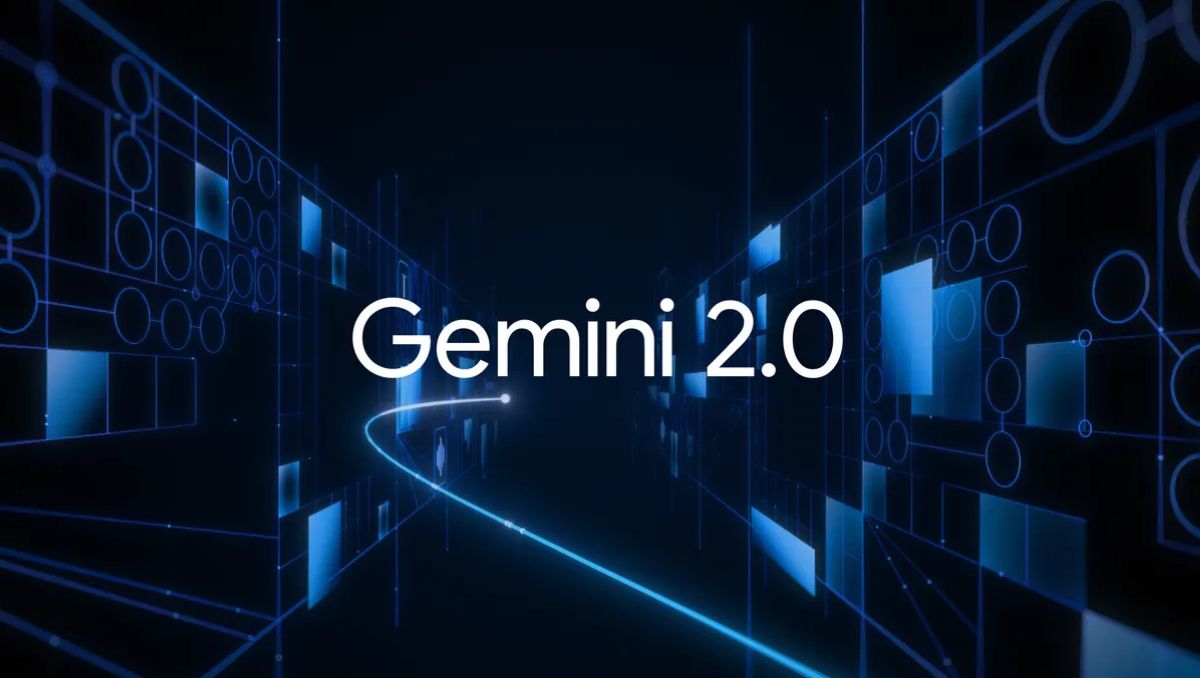Google has introduced the second generation of its AI model, Gemini, heralding what CEO Sundar Pichai describes as a “new era of agentic technology.” Gemini 2.0 Flash, Google’s latest AI model, is now available globally in a chat version, with an experimental multimodal version featuring text-to-speech and image generation accessible to developers.
“If Gemini 1.0 was about organizing and understanding information, Gemini 2.0 is about making it much more useful,” Google CEO Sundar Pichai said in a statement.
We’re kicking off the start of our Gemini 2.0 era with Gemini 2.0 Flash, which outperforms 1.5 Pro on key benchmarks at 2X speed (see chart below). I’m especially excited to see the fast progress on coding, with more to come.
Developers can try an experimental version in AI… pic.twitter.com/iEAV8dzkaW
— Sundar Pichai (@sundarpichai) December 11, 2024
As per the company, Gemini 2.0 outperforms previous models in areas like code generation and accuracy in responses but falls short in handling longer contexts compared to Gemini 1.5 Pro. Users can select the chat-optimized Flash 2.0 in the model menu on the web, with mobile app access coming soon. The multimodal version is available through Google’s AI Studio and Vertex AI platforms.
ALSO SEE: Apple Launches iOS 18.2 with Apple Intelligence, Genmoji, and Image Playground for iPhone Users: Check Details
Agentic AI refers to systems that can independently take initiative, make decisions, and perform tasks for users, while still being guided by human input and oversight. For example, such AI could autonomously book hotels, suggest activities, reserve dinner spots, and create personalized schedules based on the user’s past preferences.
Google is integrating its Gemini AI model into key platforms like Search, Android, and YouTube, leveraging its vast user base of over 2 billion monthly users per platform. A standout feature is AI Overviews in search, offering concise, image- and audio-enhanced summaries to improve the browsing experience. This deep integration gives Google a competitive advantage over its rivals in the AI space.
Google Gemini 2.0 realtime AI is insane.
Watch me turn it into a live code tutor just by sharing my screen and talking to it.
We’re living in future.
I’m speechless. pic.twitter.com/MTaJYVwzl5
— Mckay Wrigley (@mckaywrigley) December 11, 2024
For the unversed, Google introduced Project Astra, an experimental AI agent that processes real-time information via smartphone cameras. Astra supports multilingual conversations and integrates data from Maps and Google Lens. Additionally, Google is testing this technology on AI-enabled eyeglasses, signaling a potential return to wearable tech following the lukewarm reception of Google Glass.
Notably, the general availability of Gemini 2.0 Flash’s multimodal version is set for January, along with more model sizes. Google plans to integrate Gemini 2.0 into more of its products by early 2025.
As part of its effort to stay competitive in the AI space, Google is racing against companies like Microsoft, Meta, and startups such as OpenAI and Anthropic. In addition to the Flash model, Google is also developing research prototypes aimed at creating more “agentic” AI models that can better understand the world, think ahead, and act under user supervision.
ALSO SEE: Diljit Dosanjh, Nancy Tyagi, and Dolly Chai Wala Among Top Instagram Year-End Trends in India
